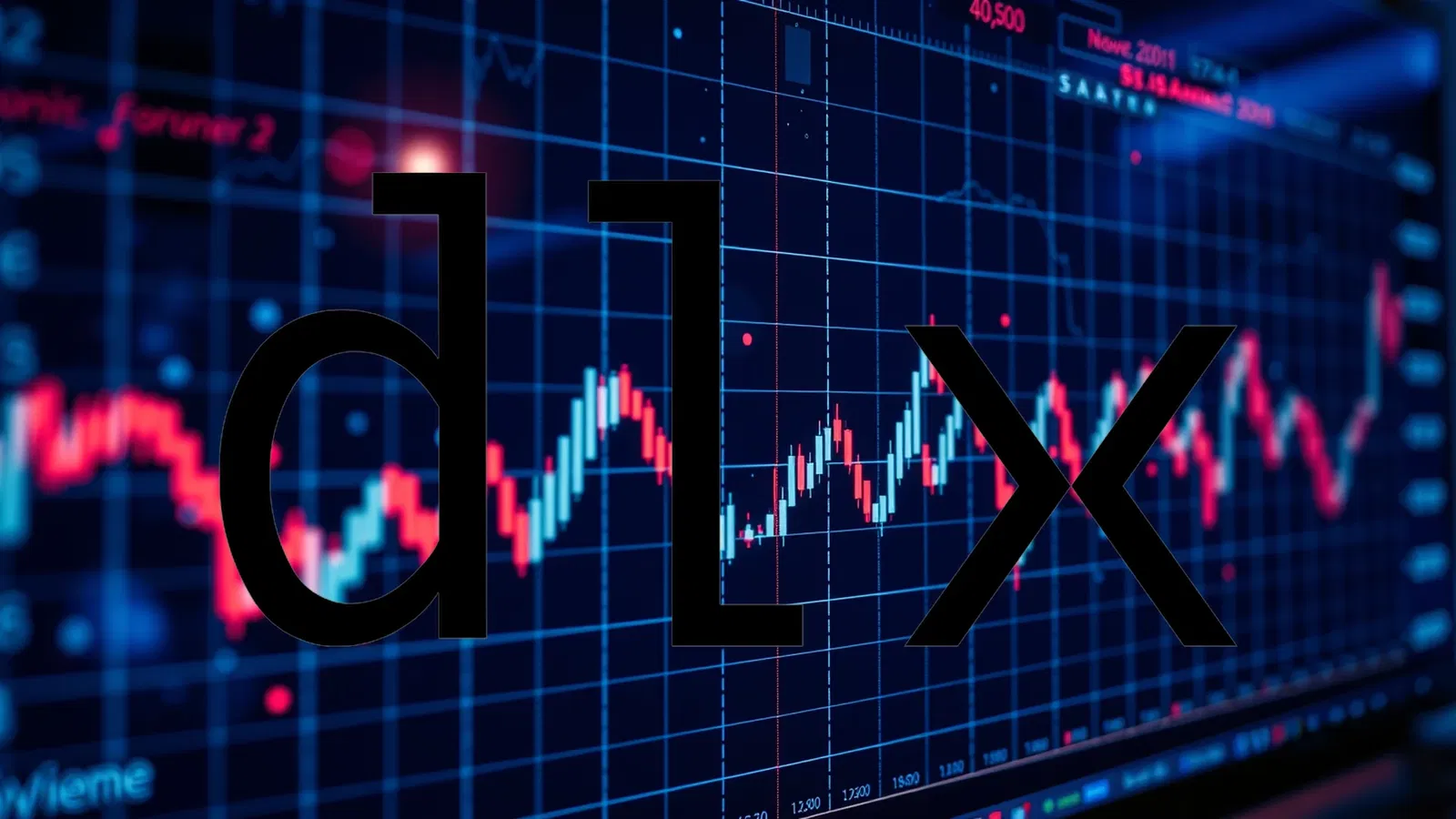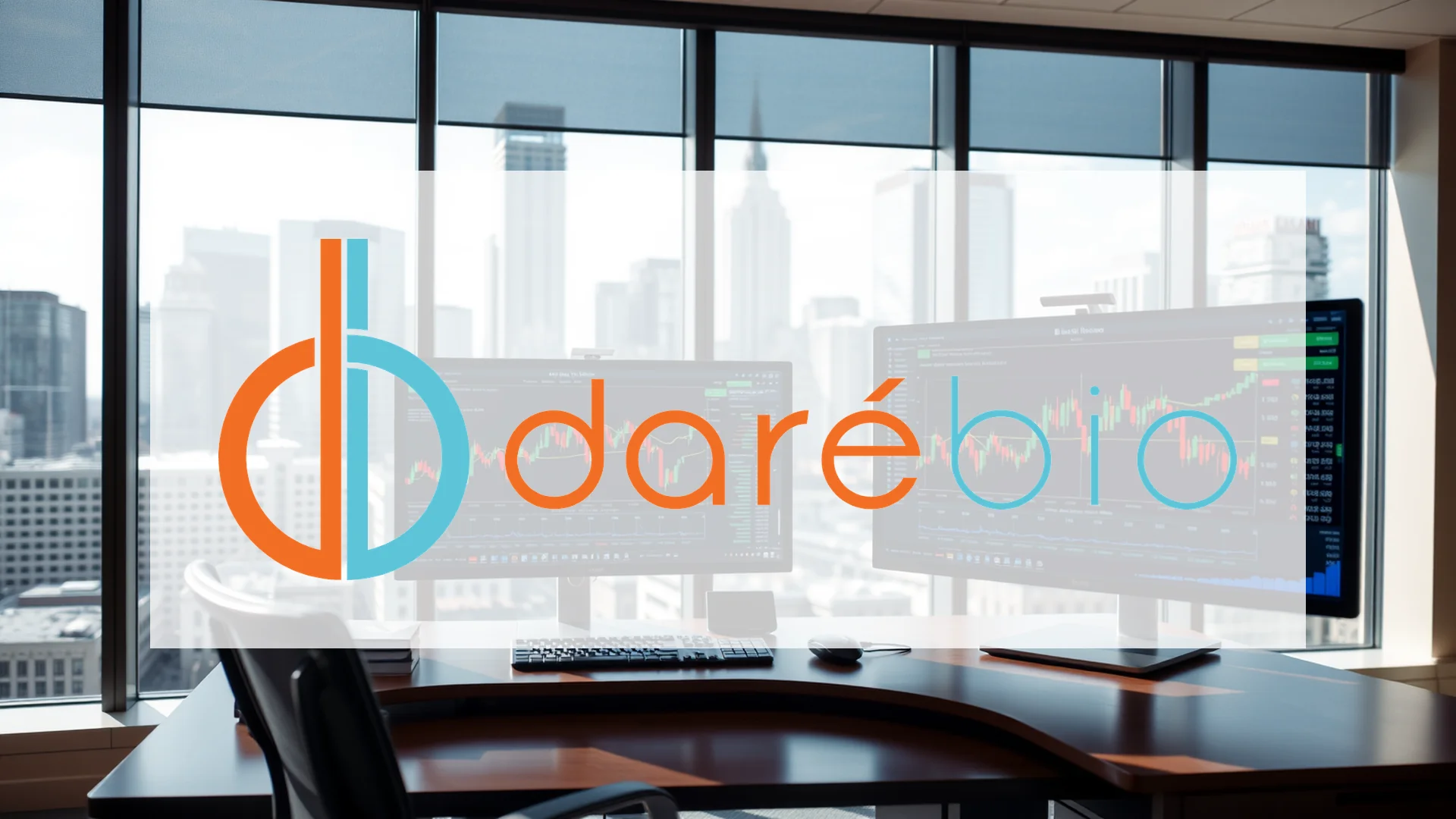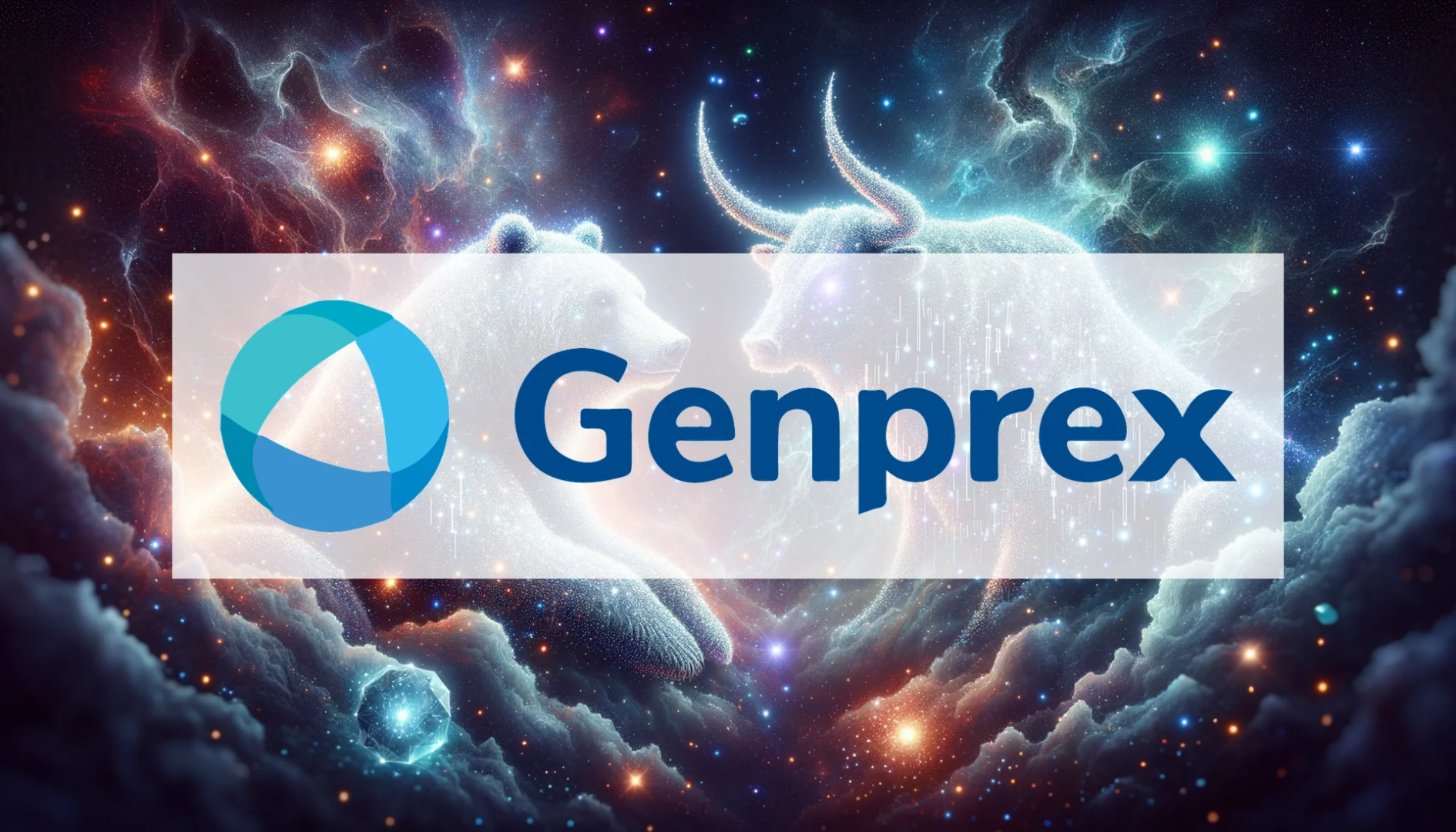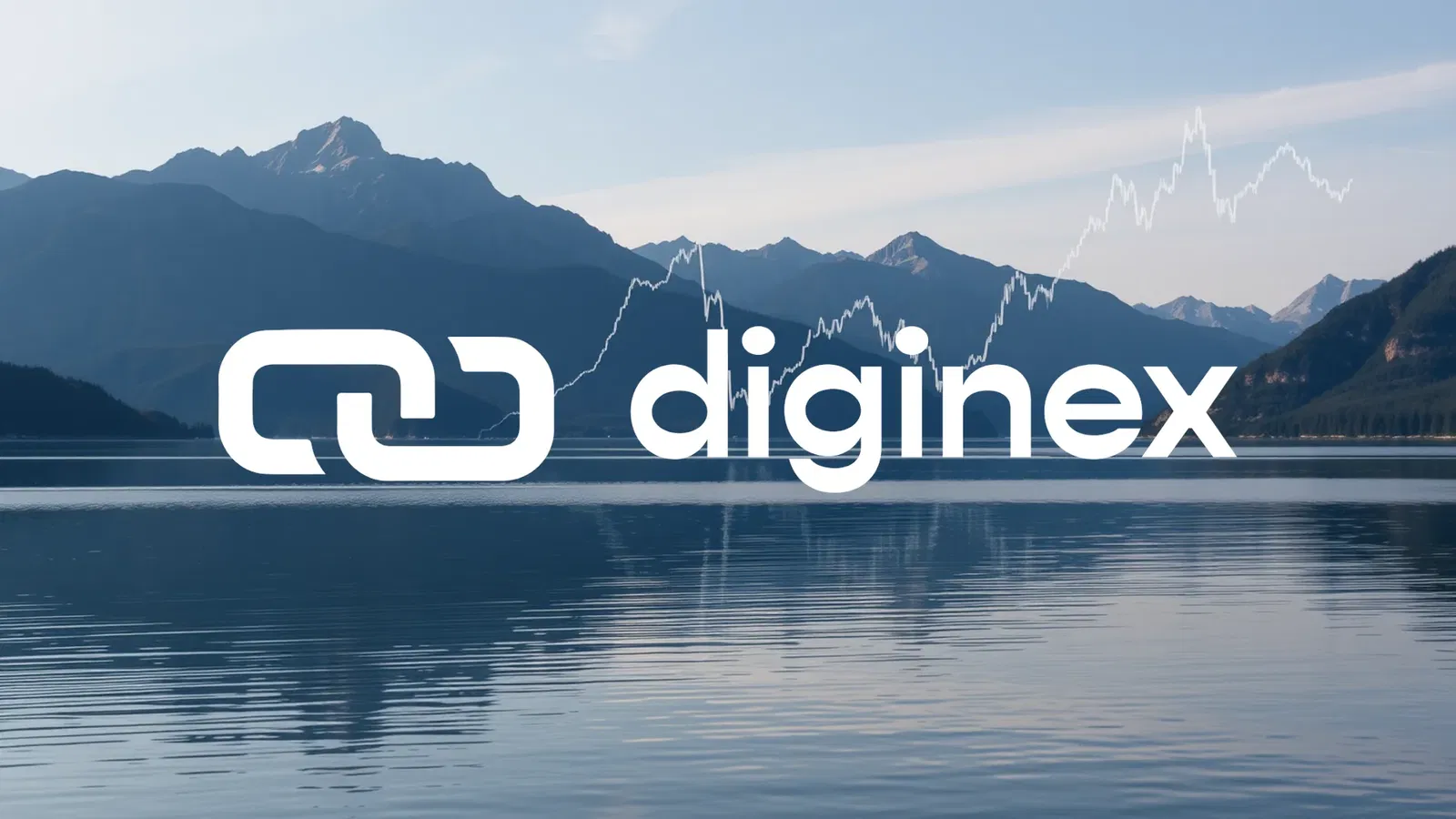The iShares MSCI Germany ETF finds itself at a crossroads, caught between persistent economic stagnation and flickers of optimism from an unexpected rise in investor sentiment. Market participants are closely monitoring the fortunes of this export-oriented economy.
A Tale of Two Economies: Stagnation Meets Unexpected Hope
Germany’s economic landscape presents a paradox. Following two consecutive years of recession, the current environment is characterized by zero growth, rising unemployment, and elevated energy costs. Although tax revenues for the federal and state governments increased by 2 percent year-over-year in August, the Finance Ministry anticipates no significant economic recovery. A potential bright spot emerged as producer prices for industrial goods fell by 2.2 percent in August, driven largely by a substantial 8.5 percent decline in energy costs.
Against this backdrop of stagnation, a surprising surge in confidence has appeared. The ZEW Indicator of Economic Sentiment climbed unexpectedly to 37.3 points, surpassing market forecasts. While financial experts express hope for the future, their assessment of the current situation remains deeply pessimistic, plummeting to -76.4 points. The threat of US special tariffs on European goods adds another layer of pressure. Reflecting these mixed signals, the DAX index declined 3.07 percent over the past month, yet maintains a robust 12-month gain of 24.83 percent.
Performance and Positioning in a Volatile Market
The ETF’s recent performance mirrors the volatility of the German market. It recorded a weekly loss of 0.43 percent and a one-month decline of 3.33 percent. However, it managed a three-month gain of 2.23 percent. Since the start of the year, the fund has delivered an impressive performance of 29.75 percent.
Liquidity remains high, with an average daily trading volume of 2.5 million shares. The fund trades very close to its net asset value, with a minimal premium of just 0.02 percent. Despite net inflows of $890.31 million over one year, August saw outflows—a potential indicator of profit-taking or growing risk aversion among investors.
Should investors sell immediately? Or is it worth buying iShares MSCI Germany ETF?
Concentrated Exposure: A Deep Dive into Top Holdings
Tracking the MSCI Germany Index, the iShares MSCI Germany ETF exhibits significant concentration risk. Its ten largest holdings account for 61.45 percent of the fund’s total assets, meaning its performance is heavily dependent on a handful of key corporations.
The fund’s leading positions are:
* SAP SE: 13.68%
* Siemens AG: 10.67%
* Allianz SE: 8.31%
* Deutsche Telekom AG: 6.37%
* Rheinmetall AG: 5.42%
* Münchener Rück: 4.18%
* Siemens Energy AG: 3.96%
* Deutsche Bank AG: 3.54%
* Deutsche Börse AG: 2.71%
* Infineon Technologies AG: 2.61%
Sector allocation is dominated by Industrials (26.24%), Financials (21.78%), and Technology (16.80%). This specific weighting increases the ETF’s sensitivity to fluctuations in global trade dynamics and European financial stability.
The Competitive Landscape for German Equity Exposure
When considering investment in German equities, the iShares MSCI Germany ETF competes with alternatives such as the Franklin FTSE Germany ETF and the Xtrackers MSCI Germany Hedged Equity ETF. For investors, comparative performance across various time horizons remains the ultimate deciding factor.
Ad
iShares MSCI Germany ETF Stock: Buy or Sell?! New iShares MSCI Germany ETF Analysis from February 7 delivers the answer:
The latest iShares MSCI Germany ETF figures speak for themselves: Urgent action needed for iShares MSCI Germany ETF investors. Is it worth buying or should you sell? Find out what to do now in the current free analysis from February 7.
iShares MSCI Germany ETF: Buy or sell? Read more here...











